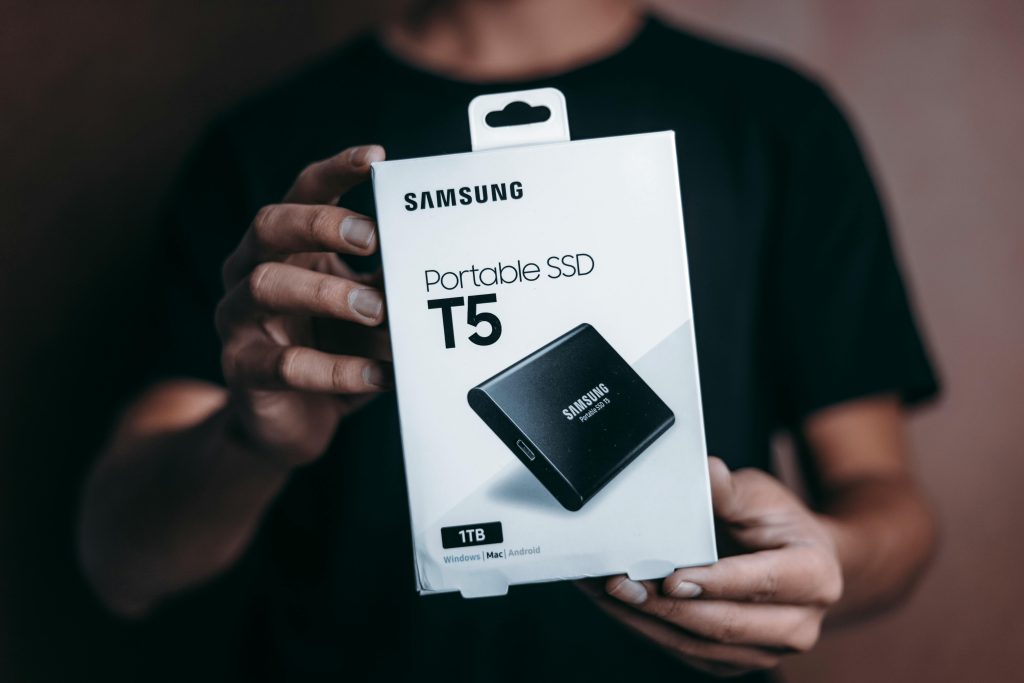Title: Handling Personal Data on Company Devices When Returning a Work Laptop with BitLocker Encryption
In today’s remote work environment, employees often handle sensitive personal data on company-issued devices. What happens when you’re laid off and need to return your work laptop, especially if it’s protected by encryption tools like BitLocker? Ensuring your personal information remains secure is crucial, and understanding the right steps can help you navigate this situation confidently.
Understanding the Situation
Imagine being in a scenario where you’ve been laid off from a remote position. You have a work laptop that is encrypted using BitLocker, a popular disk encryption feature in Windows that helps protect data from unauthorized access. Before returning the device, you’re concerned because some personal data remains on the hard drive, and you haven’t had the chance to wipe it.
You’ve spoken with your HR representative, who reassures you that the employer will wipe the device before transferring it to the next employee. While this seems straightforward, it’s natural to wonder:
- Should I be concerned about my personal data’s security?
- What steps should I take to ensure my information remains private?
Key Considerations When Returning a Company Laptop
- Encryption and Data Security
BitLocker encrypts the entire drive, making it inaccessible without proper authorization (such as a recovery key or password). If your employer plans to wipe the device, they will typically decrypt and erase all data during the process. However, it’s wise to confirm this explicitly—request a written confirmation or documentation stating that your data will be securely erased.
- Personal Data on Removable Storage
If your laptop has a removable NVMe SSD, you might consider physically removing it before returning the device. This way, personal data remains in your possession, and the company receives only the primary device for reuse or reissue.
- Technical Options: Replacing the NVMe Drive
An alternative approach involves swapping out the NVMe drive:
- Purchase a new NVMe SSD and install it into the laptop.
- Remove the old NVMe drive containing personal data and store it securely.
- Return the laptop with the new drive installed, which will require the company to reinstall the operating system.
This method ensures your personal data isn’t transferred to your employer’s devices, providing an extra layer of privacy. However, it requires some technical know-how and may impact your return process depending on company policies.
- Communicating Clearly with Your Employer
Since large organizations often have standard procedures for device returns, it’s essential to:
Share this content:

